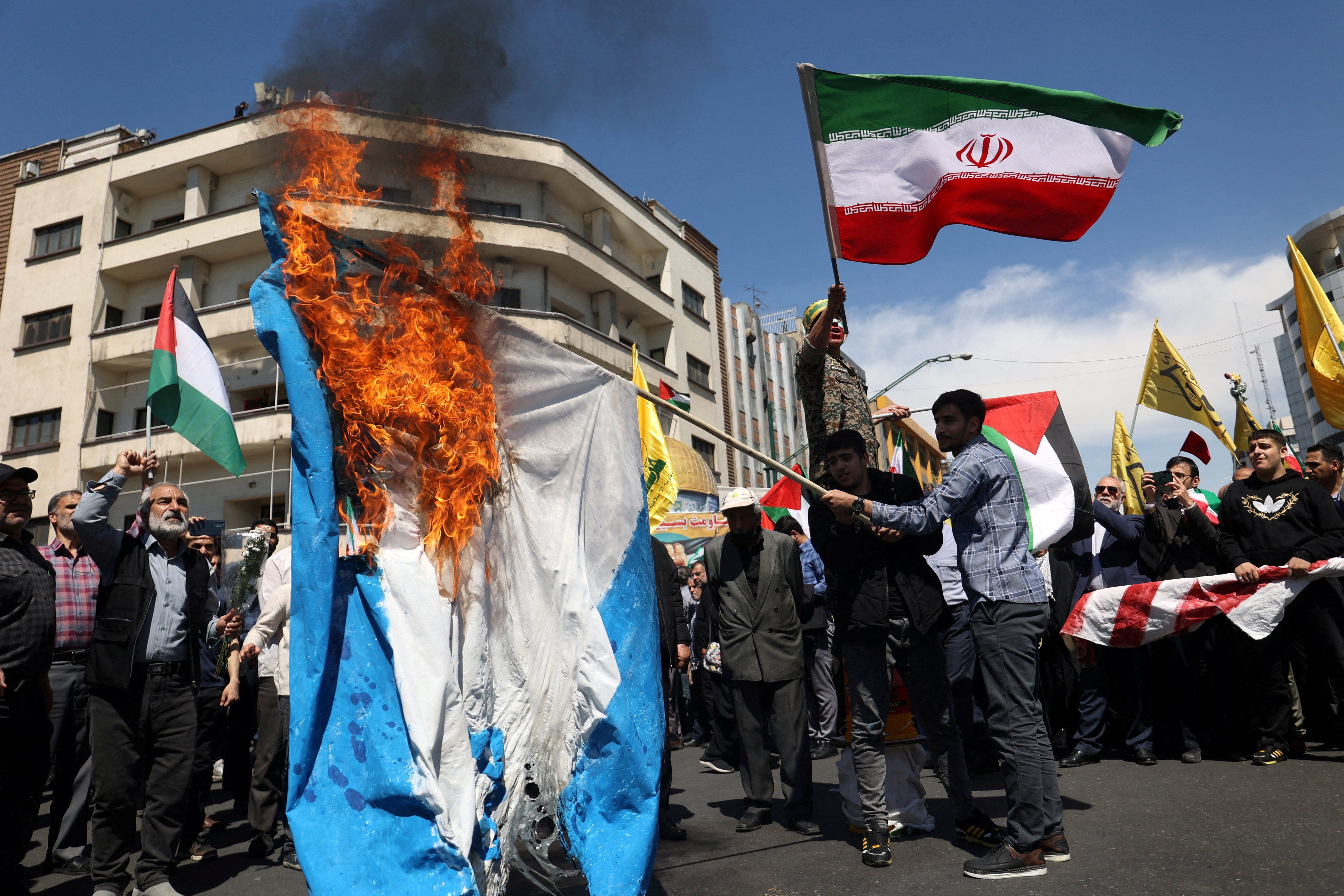There are rising concerns over how Iran will retaliate to a recent Israeli strike on the Iranian consulate in Damascus, Syria, that killed several top Iranian commanders and enraged Tehran. US President Joe Biden on Wednesday warned that Iran is threatening a
“significant attack” against Israel, and he promised Washington’s “ironclad” support to the Jewish state.
Iran’s supreme leader, Ayatollah Ali Khamenei, on Wednesday said the strike amounted to an attack on Iranian soil and vowed to punish Israel. Israel’s top diplomat, Israel Katz, responded with a grave warning: “If Iran attacks from its territory, Israel will react and attack in Iran.”
Echoing this, Israeli Prime Minister Benjamin Netanyahu on Thursday said, “Whoever harms us, we will harm them.”
Would Tehran risk a direct attack? Iran is in a “strategic conundrum,” says Gregory Brew, an Iran expert at Eurasia Group. Tehran needs to respond to “restore deterrence and maintain credibility,” Brew says, but it also “remains the case that Iran does not seek a direct confrontation with either Israel or the US, and this will encourage continued restraint.”
If Iran directly targets Israel, it could spark a broader conflict amid the already devastating war in Gaza. This means Iran is likely to lean on proxies like Hezbollah or militias in Syria and Iraq in terms of its response, says Brew, which brings a degree of plausible deniability.
However Iran chooses to respond, there remains a risk that “Israel will treat it as escalatory and respond with escalation of its own, potentially dragging in the US along with it,” says Brew.
